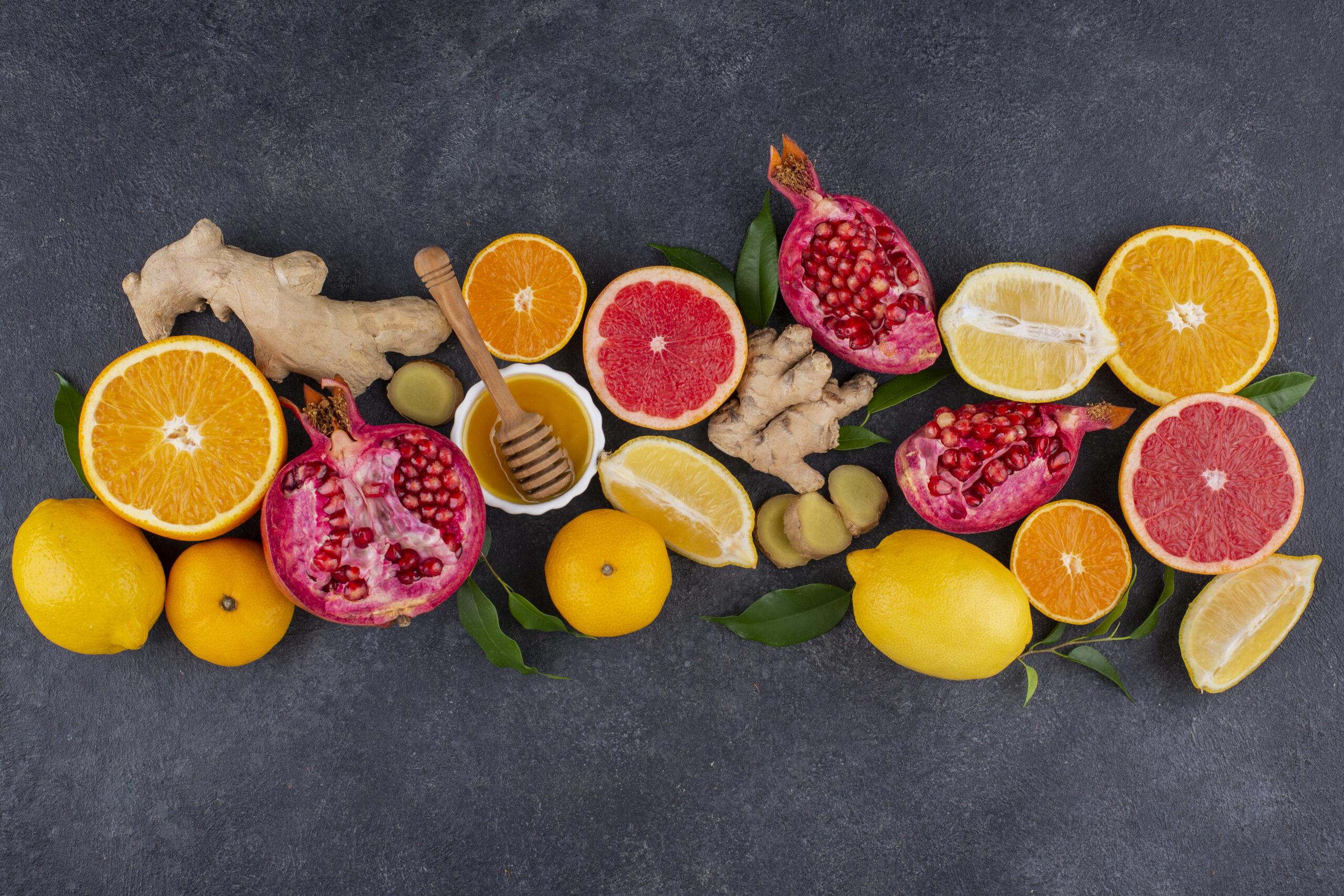Flavonoids are plant compounds with antioxidant and anti-inflammatory properties, which are essential for maintaining our health. These substances are part of a broad category of polyphenols. They are found in many fruits, vegetables, tea, red wine and dark chocolate. Several studies show that they contribute to reducing the risk of cardiovascular disease, cancer and neurodegenerative diseases. It protects the immune system and supports cell regeneration at the same time. In addition to their health benefits, they are also responsible for the vibrant colors of many foods. Adequate nutrition can be achieved through a varied diet full of fresh food.
What are flavonoids?
Flavonoids are natural chemicals, part of a group of compounds called polyphenols. They play an important role in plant biology. They are responsible for many colors fruitflowers and vegetables, such as yellow, red, orange or purple. There are over 6,000 types of flavonoids, classified into subgroups such as flavones, flavonols, flavanones, isoflavones and anthocyanins. These compounds work mainly as antioxidants, protecting plants from ultraviolet radiation, insects and other threats.
They are equally important to humans. It provides a variety of health benefits, from reducing inflammation to protecting against chronic illnesses. The antioxidants in these products neutralize free radicals that can damage cells and cause chronic diseases such as cardiovascular disease, diabetes and cancer. In addition, they help improve blood flow and can reduce the risk of blood clots.
Just as flavonoids protect plants from harmful environmental factors, they have the same effect in the human body. Studies show that they can stimulate cell regeneration, strengthening the immune response. Because of these effects antioxidantare considered essential “natural remedies” for healthy living.

Healthy food. Image source: Freepik.com
Why do we need them?
Polyphenols have a great protective effect on our health, helping to prevent many types of diseases. First, they play an important role in preventing heart disease. Studies show that they can reduce blood pressure and levels of bad cholesterol (LDL), thus preventing the formation of atherosclerotic plaques that lead to narrowing of the arteries. In addition, they improve endothelial function, that is, they help maintain the health of blood vessels, reducing the risk of heart attacks and strokes.
Flavonoids play an essential role in cancer prevention by acting as chemopreventive agents. Due to their ability to neutralize free radicals, they can reduce the risk of genetic mutations and abnormal cell proliferation. In addition, they have strong anti-inflammatory effects that help fight chronic inflammation associated with cancer, arthritis and other autoimmune diseases.
Nervous system CHOOSINGin turn, by absorbing flavonoids. Studies have shown that they help improve cognitive function, reduce the risk of cognitive decline and protect against neurodegenerative conditions such as Alzheimer’s and Parkinson’s. They are therefore an essential part of preventing and managing chronic and degenerative diseases, contributing to good health in general.

Flavonoids are found in citrus fruits. Image source: Freepik.com
How do we get flavonoids from food?
Flavonoids are present in a wide variety of foods. A balanced and varied diet provides us with the necessary daily intake. Fruits rich in flavonoids include berries (blueberries, blackberries, raspberries), citrus fruits (oranges, lemons, grapefruit) and apples. Green tea and black tea are excellent sources, providing a high level of antioxidants that promote cardiovascular and cognitive health.
Besides fruit and tea, the vegetables Beneficial flavonoids are found in such things as onions, crickets and red cabbage. Red wine and dark chocolate, consumed in moderation, are known sources of flavonoids. These foods are often recommended by nutritionists because of their beneficial effects on health. They provide a diverse range of nutrients that supplement the flavonoid intake needed by the body.
To get the full benefit of flavonoids, it is essential to eat these foods raw or lightly cooked. The heat preparation process can reduce the antioxidant content. A diet based on fresh, varied foods, rich in fruit, vegetables and tea, ensures optimal absorption. Thus flavonoids contribute to maintaining health and preventing conditions related to oxidative stress and inflammation, respectively jurnalul.ro.
2024-10-27 06:15:00
#Flavonoids #essential #cold #season #important #health #natural #sources #Event #Day

